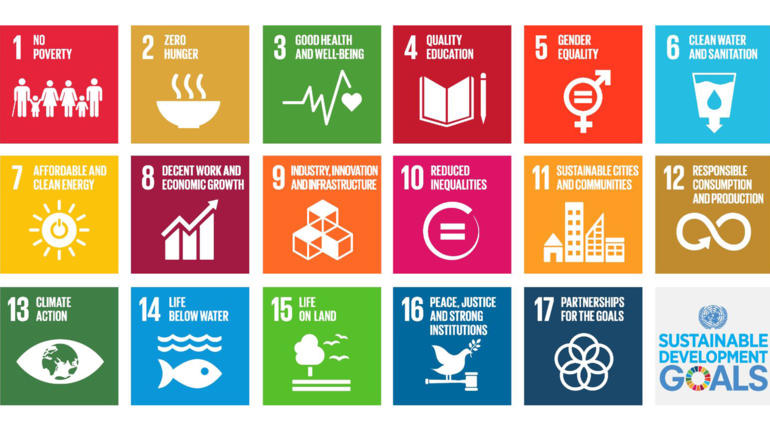One megatrend that isn’t be up for discussion? Climate change. Not because climate change isn’t on the agenda; in fact, today at the WEF is devoted to the issue. It’s because the time for discussion is over. We only have time to act.
The recent UN IPCC report makes the urgency of action clear: “Most aspects of climate change will persist for many centuries even if emissions of CO2 are stopped. This represents a substantial multi-century climate change commitment created by past, present and future emissions of CO2.”
That means that the longer we continue operating under business-as-usual scenarios, the more time – and money – it will take us, our children and their children to mitigate the effects of climate change. Impact won’t just be measured in carbon. It will be felt in food and water shortages, extreme weather events, species extinction and even our health.
The good news is that most business leaders at Davos think action on climate change needs to happen, and that business has a leading role to play. The private sector has the ability to bring size, scale, innovation and – not least, resources –to the issue.
To be sure, many companies are already taking steps toward mitigating the impacts of climate change, largely by reducing their own emissions. These efforts are worthy, but they haven’t been enough to lower global CO2 levels. Collective action that’s measurable, scalable, replicable and beyond business-as-usual is needed. Climate change risks are systemic and need systemic, not fragmented thinking. We need more joined up efforts and cross-industry collaboration, such as the energy and forestry sectors collaborating to manage the world’s forests so they can absorb and store more CO2 – while still generating renewable pulp and paper for everyday applications.
These actions should also produce measurable business benefits; they bring new opportunities to businesses. Profit not philanthropy will drive more companies to do more to drive down emissions. Climate change solutions that make operations more resilient, generate value and enhance brand power will get fully integrated into companies. Companies that don’t clean up their acts will feel increasing pressure on their performance and valuation.
The impact of collective private sector action on climate change will be more significant. Imagine the power of a business investing in natural infrastructure such as wetlands to protect against local flooding. Done nationally, that could reduce by 50% the people and property exposed to severe storms along the U.S. coastline. Or think of a company installing low-emissions power generation in a remote village to boost livelihoods, creating new rural consumers. Now imagine that happening across a region, or all over the world.
Collaboration will be in vogue in Davos this week, and not just between companies and sectors. The unique aspect of Davos is its ability to bring leaders from all parts of society together. A new coalition of businesses, governments and NGOs is being shaped to organize the action needed to change the course of climate change.
Leading companies have set things in motion. Companies of all sizes, wherever they’re located, must now join the effort. But for business action to gain momentum, to have truly global impact, governments will also need to play a part. Policy frameworks, incentives and regulation will smooth the path for investment, capacity building and scale. With the business sector ready to act, what excuse do governments have to delay decision-making? We’re asking companies to take bold steps; policymakers should make them too. We can’t afford the alternative.








